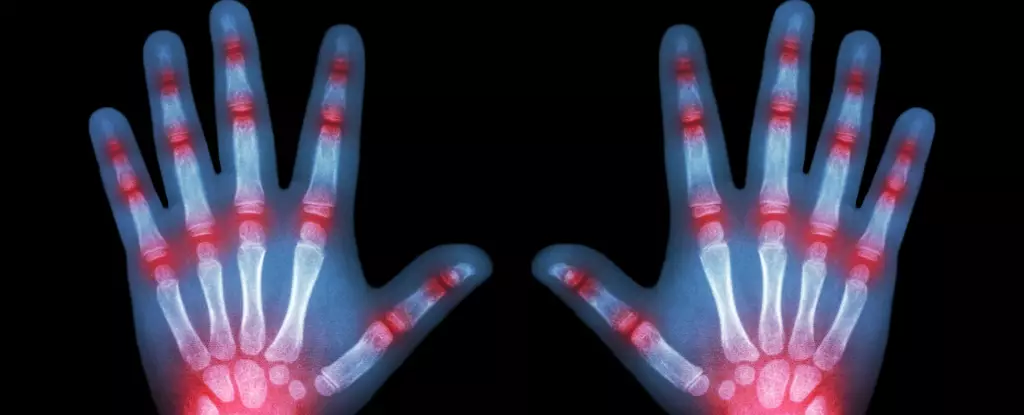Juvenile idiopathic arthritis (JIA) is a condition that is often overlooked when discussing arthritis, but it can have a significant impact on young people. While it is more commonly associated with older individuals, children can also suffer from this condition. In the UK alone, approximately 15,000 children under the age of 16 are affected by JIA. This article will explore the challenges faced by young people with JIA, the importance of physical activity, and the need for increased awareness and support.
JIA is a chronic condition that causes joint pain and inflammation in various parts of the body, such as the hands, knees, ankles, elbows, and wrists. While there is no cure for JIA, treatments are available to manage pain and swelling, as well as prevent joint damage. Medications like methotrexate and etanercept are commonly used, but they can come with side effects. In addition to physical symptoms, JIA can also impact social connections and future independence, especially for teenagers who may struggle with school, career choices, and social development.
Physical activity is crucial for children with JIA, as it can help strengthen bones, improve muscle function, and overall enhance their quality of life. Despite the challenges posed by their condition, children with JIA should aim to be active for at least 60 minutes a day in a way that suits their health and symptoms. It is essential for them to engage in appropriate exercise to maintain their health and well-being. Professional athletes like Kristy McPherson and Charcandrick West have shown that it is possible to excel in sports despite having JIA, highlighting the importance of tailored exercise programs for children with this condition.
Young people with JIA require comprehensive support that encompasses both medical and social care. Schools can play a significant role in helping students with JIA manage their illness and stay engaged in their studies. However, low awareness about arthritis in young people can hinder their ability to thrive. It is crucial for adults in influential roles, such as teachers, policymakers, and healthcare professionals, to understand the challenges faced by young people with JIA and improve support systems accordingly.
Research is ongoing to better understand the impact of JIA on adolescents and young adults. Efforts are being made to develop evidence-based policies that can be implemented in schools, workplaces, and government settings to support the needs of young people with arthritis. By recognizing the full scope of JIA’s effects and providing comprehensive support, affected children can navigate their challenges more effectively and lead fulfilling lives.
Juvenile idiopathic arthritis can have a profound impact on the lives of young people, affecting not only their physical health but also their social connections and future prospects. By prioritizing physical activity, increasing awareness, and providing comprehensive support, we can empower young people with JIA to overcome their challenges and thrive.

Leave a Reply